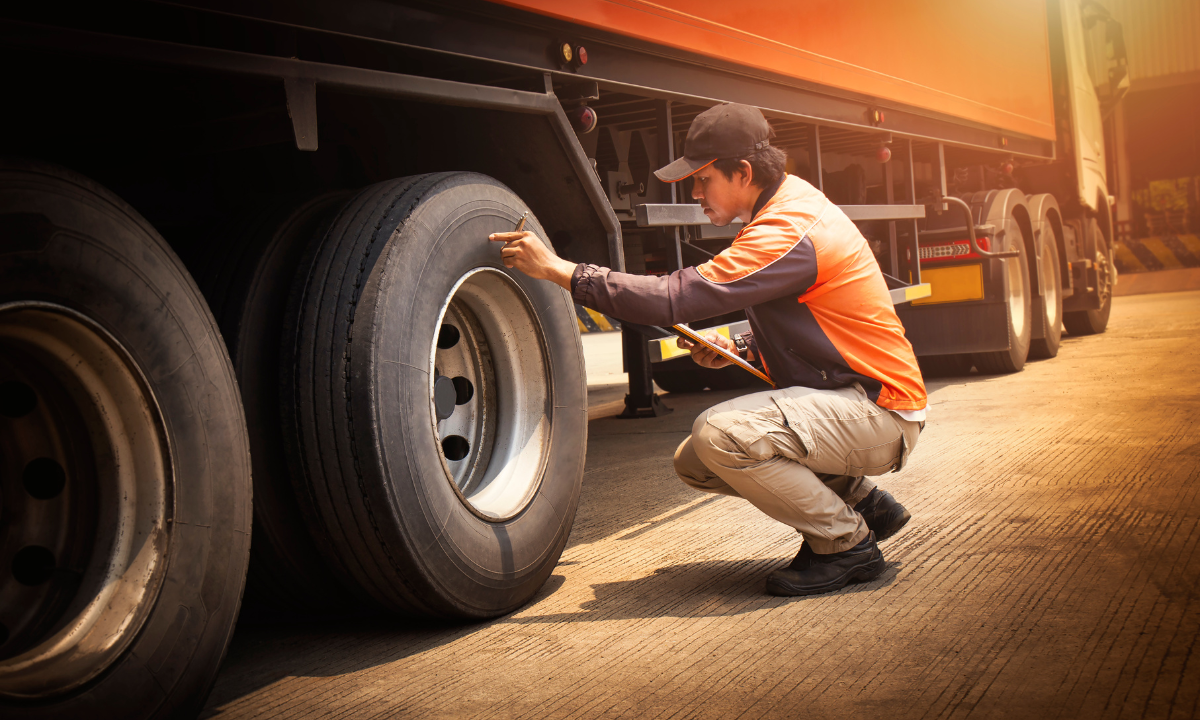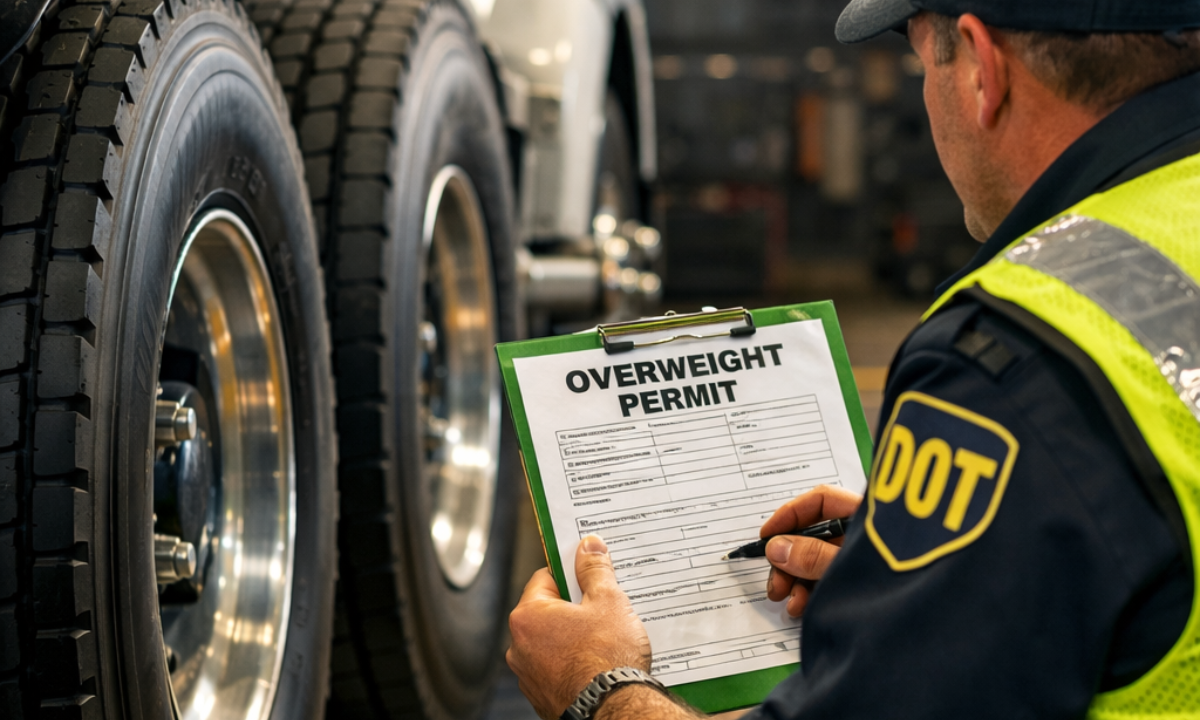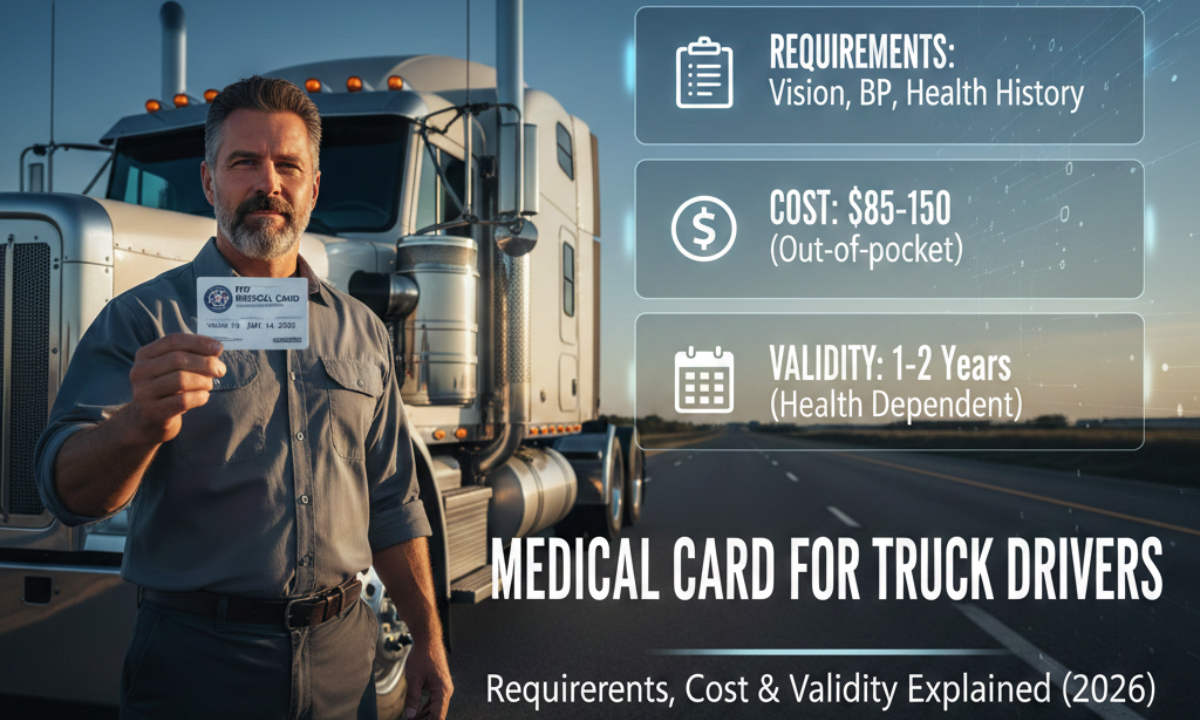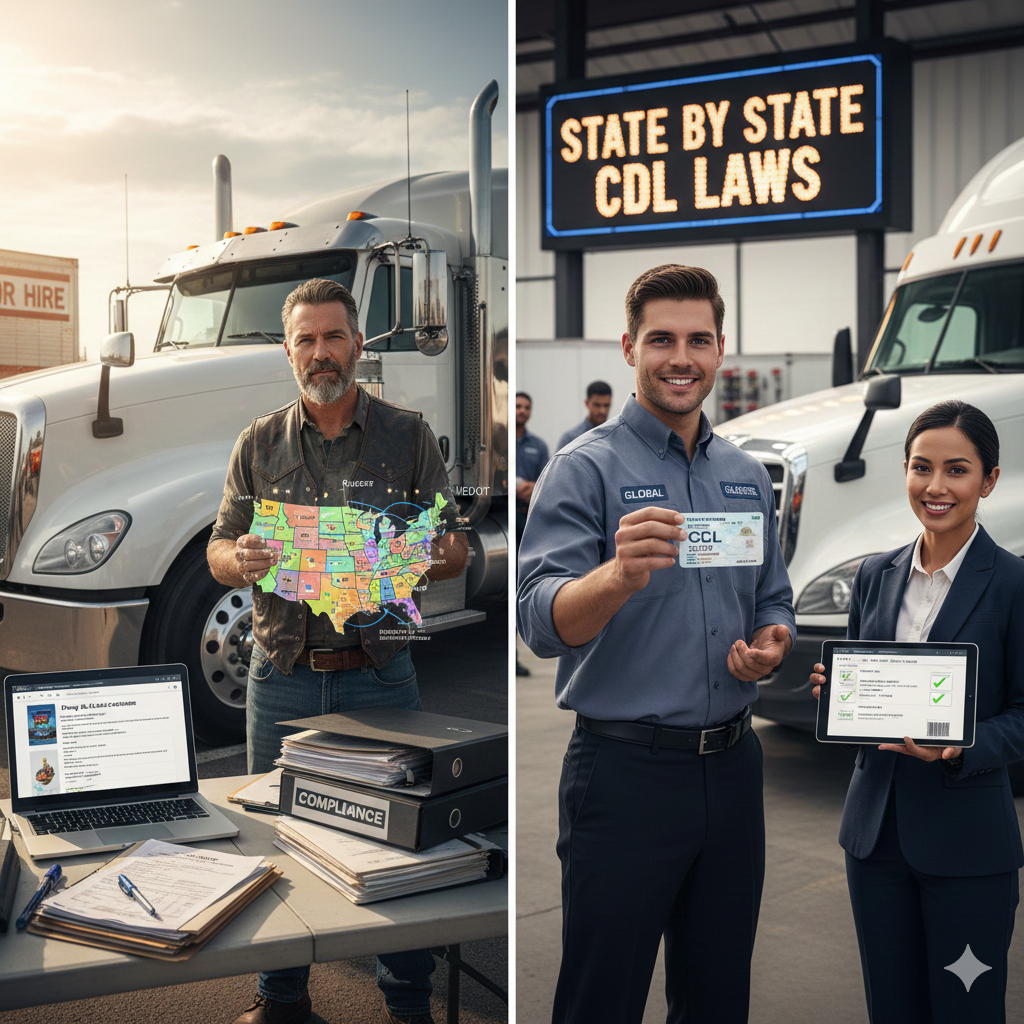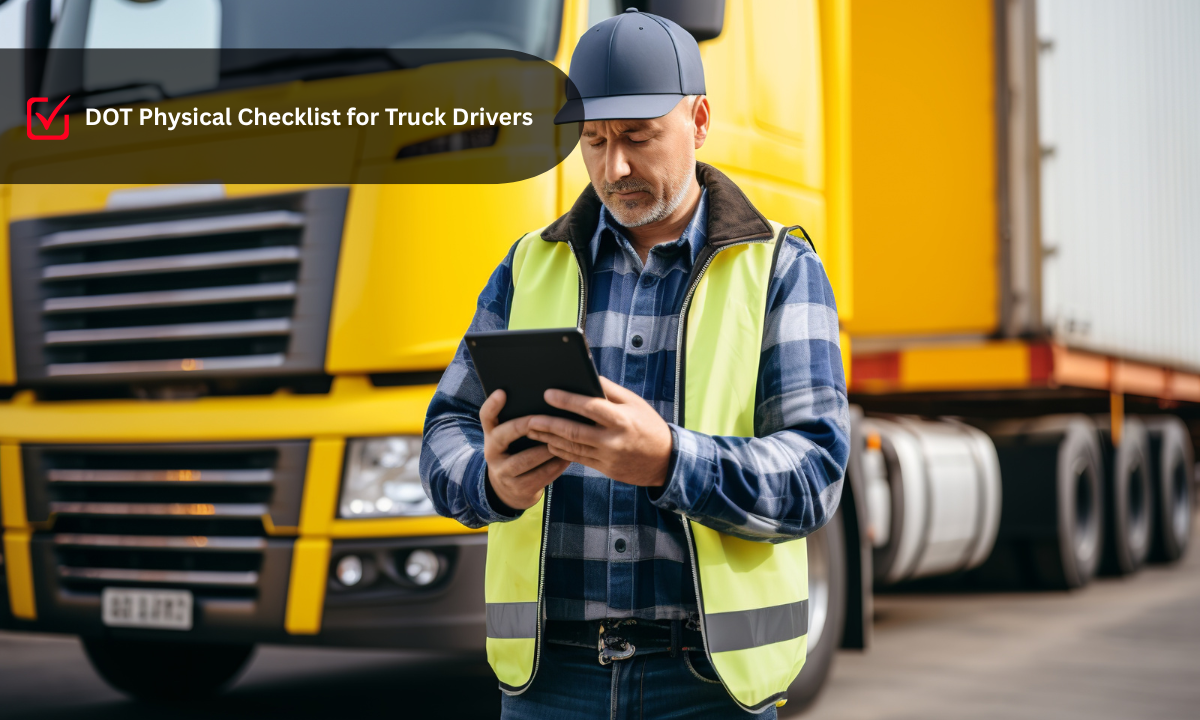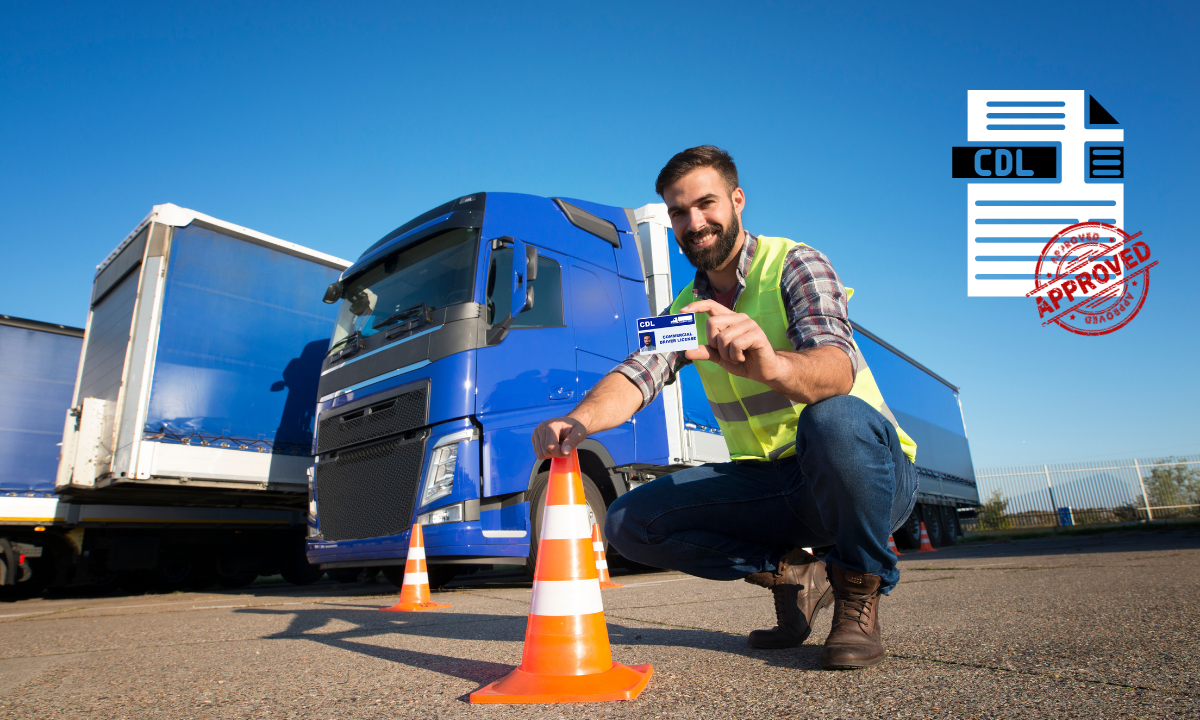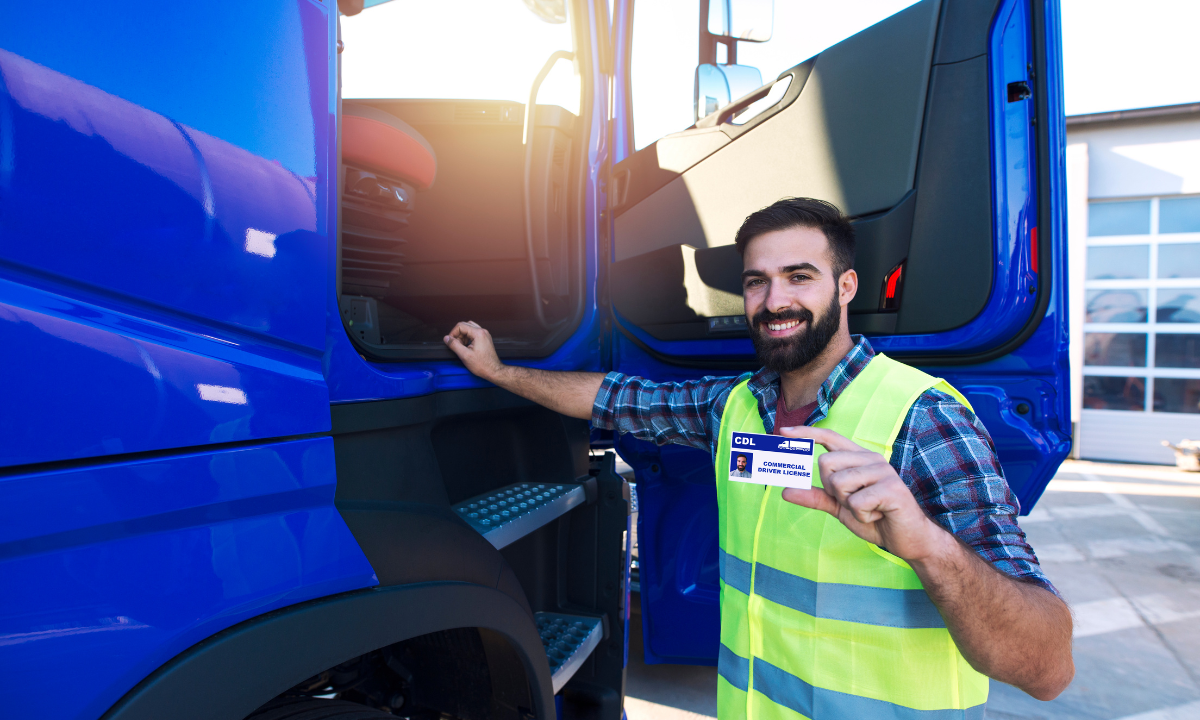The evolution of trucking over time-past, present and future.
The Trucking Industry Found its Roots
The trucking industry really came into existence with motorized trucks in the early 20th century by replacing horse-drawn wagons. At that time, early models were slow and heavily limited by poor roads. However, with the improvement of automotive technology and expansion of highways, trucking became a backbone of modern freight transport. At that point too, logistics such as we now understand were born and within creativeness gave way to speedier and more reliable deliveries.
Modern Era Trucking
Modern trucking companies are equipped to use GPS tracking, telematics, and electronic logging devices (ELDs) to make the company efficient and safe. Furthermore, modern trucks have fuel-efficient engines and eco-friendly designs suitable for sustainability goals. With e-commerce growing, long-haul trucking has been in demand for last-mile deliveries; thus, creating more opportunities for truck drivers and fleet operators.
Technological Innovations that Shape the Industry
Artificial intelligence (AI), machine learning (ML), and predictive analytics have changed the face of freight management. The routing optimizations, load tracking, and preventive maintenance that they enable will lower costs and downtime in operations. And autonomous trucking is also coming in, with self-driving trucks starting to be tested for safety and productivity.
The Role of Truck Drivers in the Digital Age
Indeed, even as automation advances, a human is still important in their current instance. Well-skilled drivers can deal with ever-more-complex driving conditions, manage customer relationships, and quickly adapt to collapsed surprises. Digital literacy has now become part of driver education so that drivers can handle fleet management systems and understand data-driven insights.
Future Trends in Trucking
The trucking industry is on the path toward zero-emission vehicles, be they electric trucks or powered by hydrogen fuel cell technology. In turn, logistics should become more transparent and secure with the introduction of such blocks for freight transactions. Also, by 5G, tracking will also be in real-time, with instant messaging between drivers, dispatchers, and customers. Finally, intelligent highways, in combination with IoT-enabled trucks, will set new efficiency standards.
Disclaimer: The information provided in this blog post is for general informational purposes only. While we strive to keep the content accurate and up to date, we do not guarantee its completeness, reliability, or accuracy. Any actions you take based on this information are strictly at your own risk. We are not responsible for any losses, damages, or inconveniences that may arise from the use of this blog.


